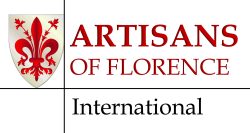Can you imagine what the world would be like without science, global telecommunications or modern medicine?
Galileo Galilei (1564 – 1642) the Italian scientist, astronomer and mathematician is best known for his fearless and pioneering work in science, physics and astronomy. Considered to be the \’father of modern science\’, Galileo challenged the beliefs of the time and paid a high price.
With his powerful telescope, he was able to demonstrate the theory held by Nicolaus Copernicus and other scientists that the sun is at the centre of our universe, not the Earth. He was tried by the Roman Inquisition, forced to stop teaching and publishing his ideas which were considered heretical, and kept under house arrest until his death.
Galileo: Scientist, Astronomer, Visionary is the world\’s first interactive exhibition on Galileo\’s groundbreaking science, influential discoveries and inspirational life. The exhibition opened at Canterbury Museum in Christchurch, New Zealand on 19 June.
The story of how Galileo\’s discoveries four hundred years ago shaped our modern world is told through the themes of Astronomy, Simple Machines, Gravity, Motion and Time, and Military and Inventions. The section on Experimental Science is dedicated to examining Galileo\’s extraordinary legacy.
For details on the exhibition visit; www.artisansofflorence.com/exhibitions/galileo-scientist-scholar-visionary/

